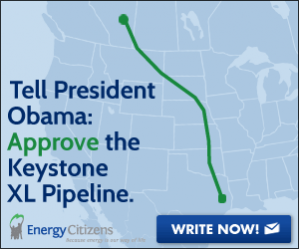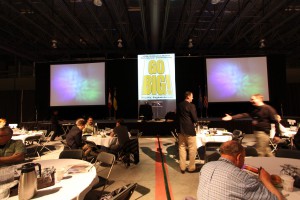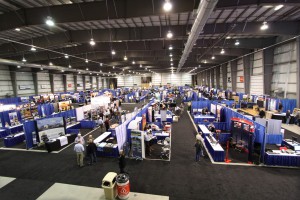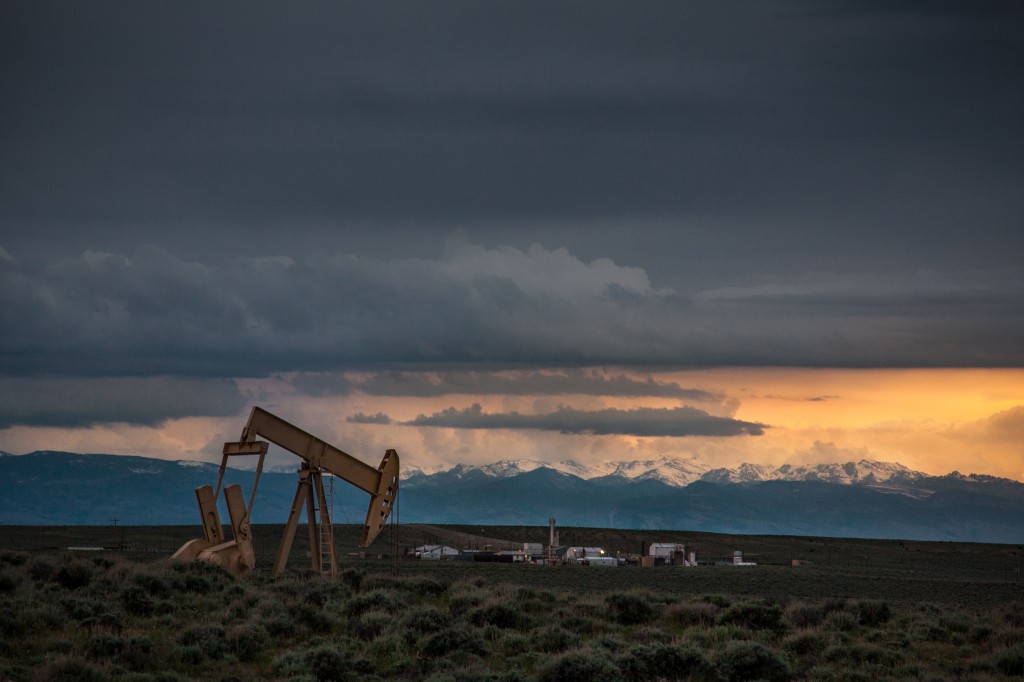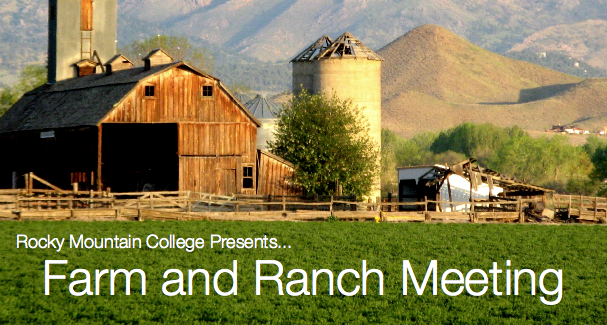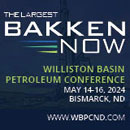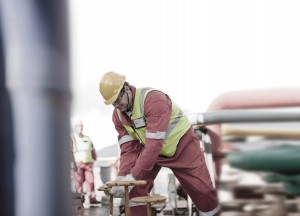 Do What You Came Here To Do: Work
Do What You Came Here To Do: Work
New Montana State Fund campaign urges Bakken workers to take personal responsibility for safety.
March 28, 2013 — In recent years, tens of thousands of workers have converged in the Bakken oil fields, drawn by the allure of high-paying jobs. But with these jobs can come injuries. That’s why Montana State Fund, the state’s largest provider of workers’ compensation insurance, is launching a campaign that urges employees and employers alike to take personal responsibility for workplace safety.
| SafetyFestMT comes to Sidney
WHAT: Three-day safety conference offering workshops and classes to help employers and employees improve safety on the job. WHO: SafetyFestMT is organized by Montana Department of Labor and Industry in partnership with WorkSafeMT. WHEN: April 16-18, 2013 WHERE: Richland County Fairgrounds and the Montana State University Eastern Agricultural Research Center, Sidney, Montana COST: FREE REGISTRATION & MORE INFO: www.SafetyFestMT.com |
“People who come to the Bakken often give up a lot in pursuit of good jobs. We want them to remain safe in those jobs,” said Mary Boyle, communications specialist with Montana State Fund. “Our message on radio, billboards, gas pumps, and in bar and café restrooms is to remind folks to stay focused, ask questions if they don’t understand their job responsibilities, and look out for the well-being of the guy next to them.”
To be sure, workplace safety issues aren’t confined to the oil fields. More employees are injured in Montana than in almost every other state, and workers injured in Montana stay out of work an average of 23 days longer than workers in the rest of the country.
Even so, conditions in the Bakken can challenge even the most skilled worker. Marathon shifts with few days off can lead to exhaustion. A culture that celebrates toughness, speed and self-reliance sometimes fosters a tendency to lose focus, which leads to injuries. Some people may fear they will lose their jobs for speaking up or asking questions about safety.
While workplace injuries are always disruptive, they can be particularly hard on workers in the Bakken, many of whom come to the region from elsewhere, leaving their support networks of family and friends behind.
New workers are particularly susceptible to injury in the Bakken. Employees in Montana’s petroleum and supporting industries who suffer injuries have an average of two years’ experience on the job, compared to five years’ experience in all other industries across the state, according to data from Montana State Fund-insured employers.
On a positive note, MSF-insured injured employees in the petroleum and oil industries are off work an average of 13 weeks, compared to 31 weeks for all injured employees in all industries across the state. This statistic highlights how well employers in the petroleum industry help their employees return to work in a timely manner.
Research shows that safety-conscious workers are more accountable and, thus, more productive. Safety-focused companies are five times more likely to be in the top 20 percent of their respective industries on productivity, quality, efficiency and employee satisfaction, according to a study published in the June 2010 issue of EHS Today, a worker and workplace protection publication.
Boyle offers some specific tips for workers in the Bakken:
• Slow down and focus. Working 12- to 16-hour shifts, 21 days straight, can zap you. Speed and lack of focus in almost any job can lead to recklessness; and recklessness leads to injury.
• Take breaks at regular intervals. Stop and walk around or stretch out. It improves circulation and helps you refocus once you’re back on task.
• Stay healthy. Eat fruits and vegetables, stay in shape and limit alcohol intake during long stretches of consecutive work days. This will help you maintain focus — and keep your job.
• Sleep. Given housing conditions, sleeping isn’t always easy. But try to get eight quality hours. It will give you the energy you need to remain attentive during the longest days.
• Ask questions if you don’t understand how to operate a particular piece of equipment or if you don’t know what you’re being asked to do.
Montana workers, managers and employers are encouraged to attend the upcoming free SafetyFestMT event in Sidney, scheduled for April 16-18, 2013. Focused around workplace safety issues and training specific to oil field workers, this three-day event offers sessions including HAZWOPER refresher training, PEC Oil & Gas Basic Orientation safety awareness, and 10-hour OSHA courses on construction and general industry safety. Registration for the Sidney SafetyFestMT is now open at www.SafetyFestMT.com.
Montanans can download posters and learn more about safety issues and tips relevant to working in the Bakken at www.safemt.com.
ABOUT MONTANA STATE FUND:
Montana State Fund is the leading provider of workers’ compensation insurance for Montana businesses and their employees. Through its safety and Return to Work programs, the organization works to improve the safety and well-being of all working Montanans. www.safemt.com
# # #

